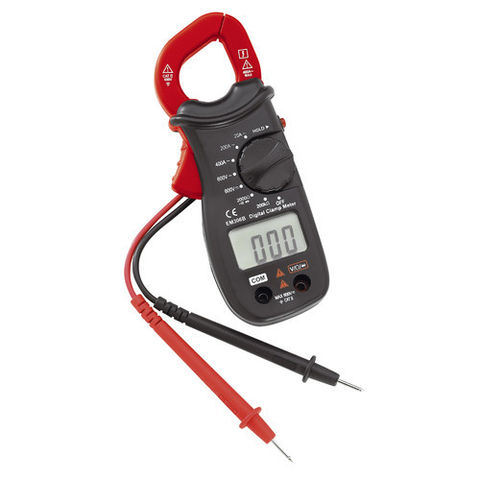Hello, as a general housewife diyer, I can do basic household electrics like replacing sockets, light fittings, tumble dryer elements etc. And I have used a simple little multimeter to find faults in vacuum cleaners, lamps and other small electrical items.
But I've just put up an outside light and now it's not working. Admittedly, the twin/earth cable was ridiculously short, so I thought a wire had come loose due to the tension. So today I've been back up the ladder and put up a junction box and extended the cable. Still not working! Hmmph.
So what I want to know is, if I buy an electrical tester, will I be able to learn how to use it, and be able see if the wiring from the switch to the light is ok? I'm feeling really frustrated that this faulty light is a problem I can't (as yet) resolve.
What do you think?
But I've just put up an outside light and now it's not working. Admittedly, the twin/earth cable was ridiculously short, so I thought a wire had come loose due to the tension. So today I've been back up the ladder and put up a junction box and extended the cable. Still not working! Hmmph.
So what I want to know is, if I buy an electrical tester, will I be able to learn how to use it, and be able see if the wiring from the switch to the light is ok? I'm feeling really frustrated that this faulty light is a problem I can't (as yet) resolve.
What do you think?




